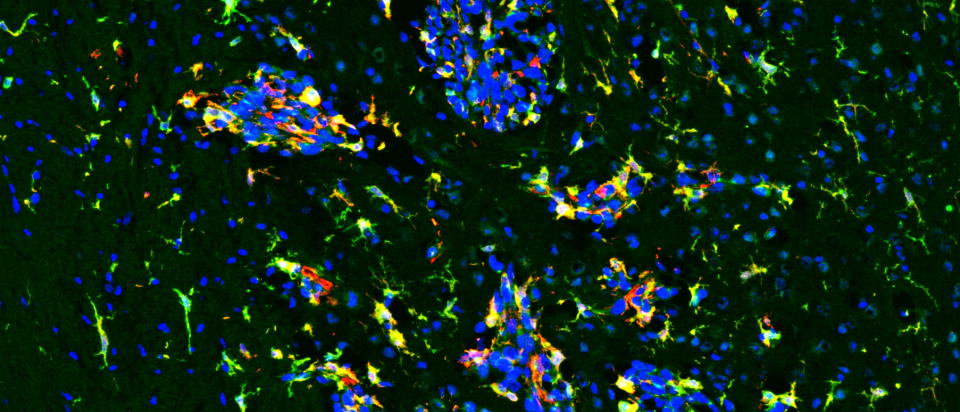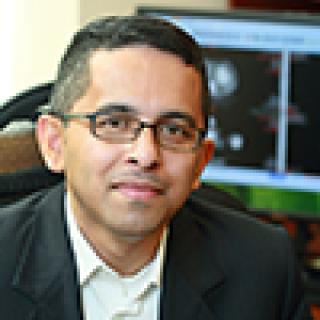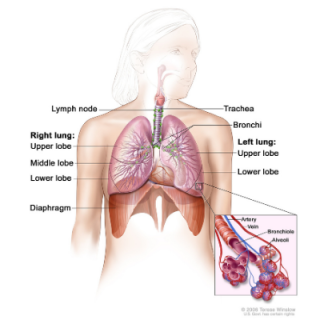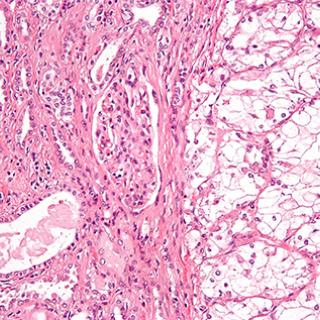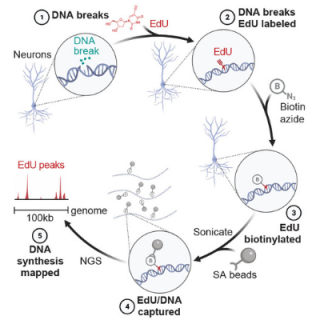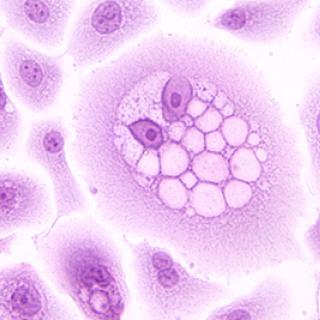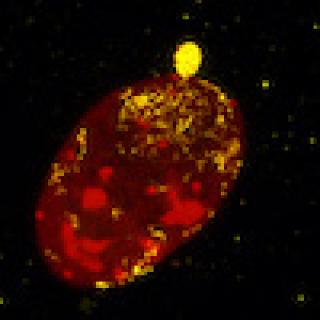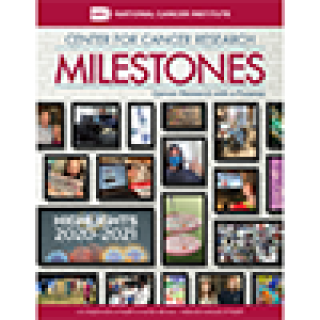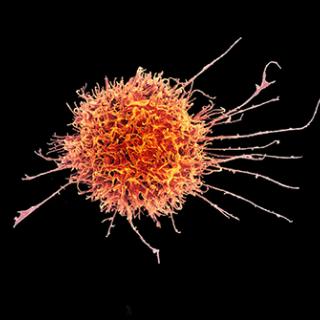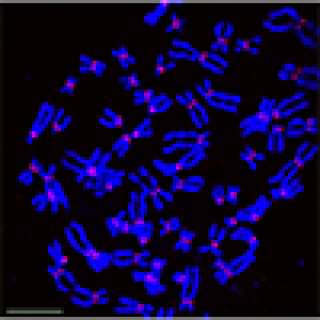News and Events
New Strategy Shows Promise Against Deadly Breast Cancer in the Brain
A new NIH study points to a promising strategy for treating aggressive breast cancer that spreads to the brain, a complication with few effective options. Learn how blocking a key brain cell survival pathway could open the door to future therapies.
Read MoreAnish Thomas featured in The Cancer Letter for SCLC study
In a conversation with The Cancer Letter, Anish Thomas, M.B.B.S., M.D., NIH Lasker Clinical Research Scholar and Investigator in the Developmental Therapeutics Branch, discussed his study, published in Science Translational Medicine, that found some patients with small cell lung cancer may have actionable germline mutations, which may be used to inform personalized screening and targeted therapies. The study challenges the notion that small cell lung cancer is exclusively tied to smoking.
Read MoreFDA grants orphan drug designation to PRGN-2012 for recurrent respiratory papillomatosis
The Food and Drug Administration has granted orphan drug designation to PRGN-2012 immunotherapy for use in patients with recurrent respiratory papillomatosis.
Read MoreCurtis C. Harris elected as a fellow of the AACR Academy
Curtis C. Harris, M.D., Chief of the Laboratory of Human Carcinogenesis, has been elected to the 2021 class of fellows of the American Association for Cancer Research (AACR) Academy. Fellows of the AACR Academy serve as a global brain trust of top contributors to cancer science and medicine who help advance the mission of the AACR to prevent and cure all cancers through research, education, communication, collaboration, science policy and advocacy, and funding for cancer research.
Read MoreCombination therapy in patients with advanced kidney cancer found to be highly effective
A phase III international clinical trial that tested the combination therapy of nivolumab and cabozantinib in patients with advanced, untreated renal-cell carcinoma yielded promising results.
Read MoreHotspots for DNA damage and repair in neurons identified
Researchers have pinpointed hotspots along the genome of neurons where endogenous, or internally driven, DNA breaks and repair accumulate. If the breaks are not repaired rapidly, they can lead to neuron dysfunction, degeneration and death.
Read MoreClinical trial investigates vaccine to treat recurrent respiratory papillomatosis after surgery
Scott M. Norberg, D.O., Assistant Research Physician in the Genitourinary Malignancies Branch, is leading a study of PRGN-2012, an experimental therapeutic vaccine for adults with recurrent respiratory papillomatosis (RRP). RRP is a rare disorder caused by human papillomavirus.
Read MoreNew trial evaluates immunotherapy combinations in adults with advanced small bowel and colorectal cancers
Julius Strauss, M.D., Assistant Research Physician in the Laboratory of Tumor Immunology and Biology, is leading a clinical trial evaluating a combination of immunotherapy drugs to see if they can shrink advanced tumors of the small bowel, colon and rectum.
Read MoreNew Milestones publication now available
Every year, the Center for Cancer Research makes remarkable contributions to the understanding, detection, treatment and prevention of cancer. This issue of our annual publication, Milestones, features some of our top scientific advances in the past year at CCR. These discoveries include two new FDA-approved therapies, insights into how to design RNA-targeted therapeutics and new ways to predict treatment outcomes in immunotherapy. Other major advances include the development of new computational tools – for identifying viruses in cancer genomes and to elucidate the consequences of DNA damage – and novel diagnostic tools – one to detect liver cancer, another to precisely detect prostate cancer.
Read MoreClinical trial evaluates combination therapy for men with metastatic prostate cancer
Ravi A. Madan, M.D., Senior Clinician in the Genitourinary Malignancies Branch, is leading a study of an experimental treatment for men with two types of prostate cancer: one type that responds to hormone therapy and one that doesn’t.
Read MoreNew finding reveals how some cancers gain or lose chromosomes
Some cancers have an abnormal number of chromosomes, and patients with these cancers tend to have a worse prognosis. CCR researchers have uncovered how overexpression of just one protein can cause these chromosome abnormalities – hinting at a mechanism that could be therapeutically targeted.
Read More